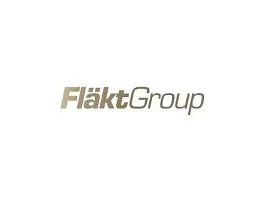
In June, the ASEAN Cool Initiative took another step forward with a kick-off meeting at the Energy Commission in Kuala Lumpur, Malaysia, with stakeholders from the energy efficiency and safety regulation departments of the Commission, officials from national testing laboratories and representatives from International Institute for Energy, Conservation (IIEC) and the United Nations Environment Programme (UNEP) United for Efficiency (U4E) initiative to agree the detailed activities to be undertaken in Malaysia under the project.
The ASEAN Cool Initiative, which is funded by the Clean Cooling Collaborative, aims to accelerate the implementation of the ASEAN Regional Policy Roadmap for Energy Efficient Room Air Conditioners by providing technical assistance and capacity building on MEPS and labels in the region, with in depth activities in Singapore and Malaysia. It is implemented by the ASEAN Centre for Energy (ACE) across the region, in Malaysia by the Ministry of Natural Resources and Environment and the Energy Commission, and by the National Environment Agency in Singapore, with support from UNEP-U4E, Lawrence Berkeley National Laboratory (LBNL) and the International Institute for Energy, Conservation (IIEC).
The ASEAN Regional Policy Roadmap for Energy Efficient Room Air Conditioners specifies two regional targets for energy efficiency regulations for air conditioners – Phase I of a CSPF (cooling seasonal performance factor) of 3.7 by 2023 and a more ambitious Phase II CSPF of 6.09 by 2025.
Support from the ASEAN Cool Initiative will help Malaysia to move more rapidly from their existing regulations to the Phase II levels specified in the Regional Roadmap. The activities for the project agreed at the kick-off meeting include:
At a conservative estimate, based on the U4E Country Savings Assessment, the move to more efficient air conditioners in Malaysia has the potential by 2040 to result in: